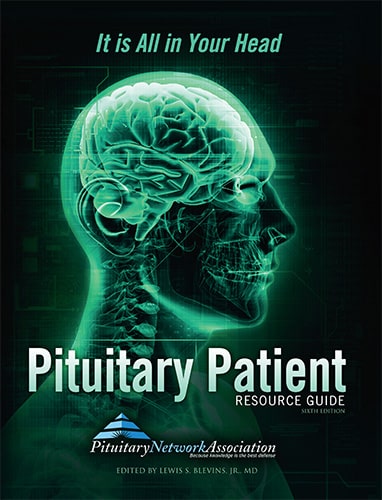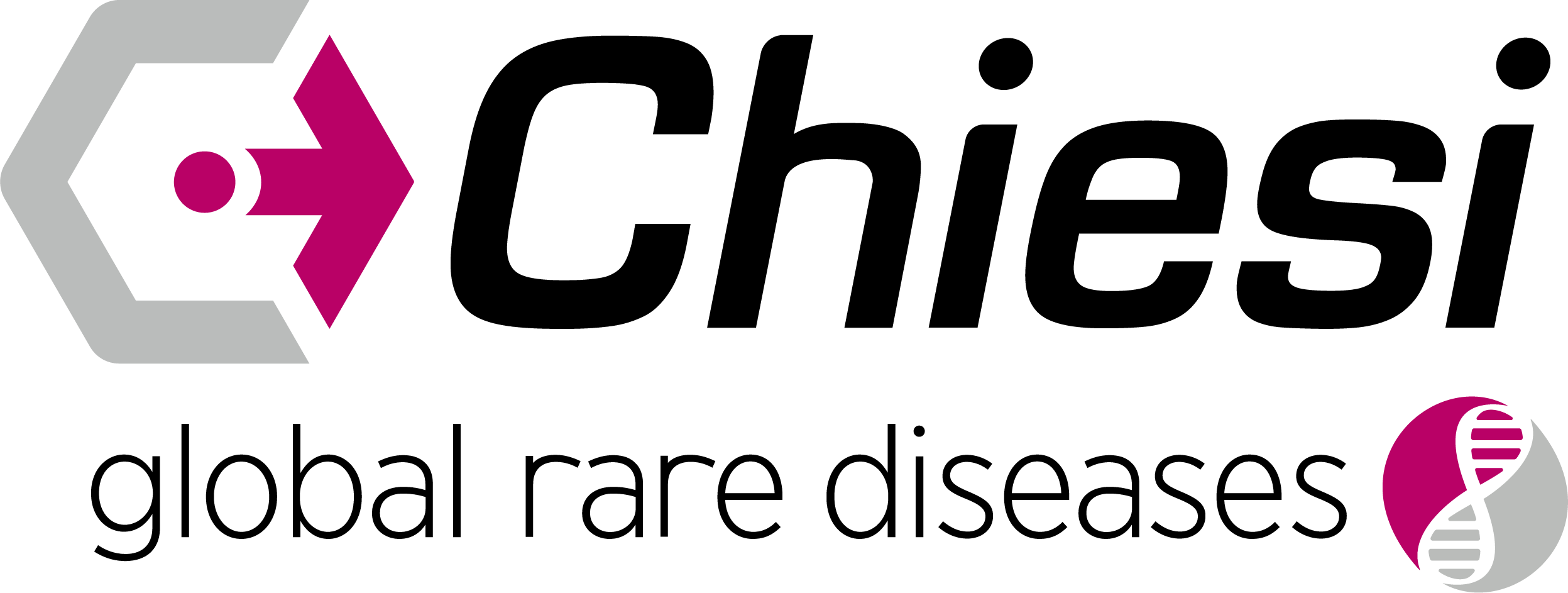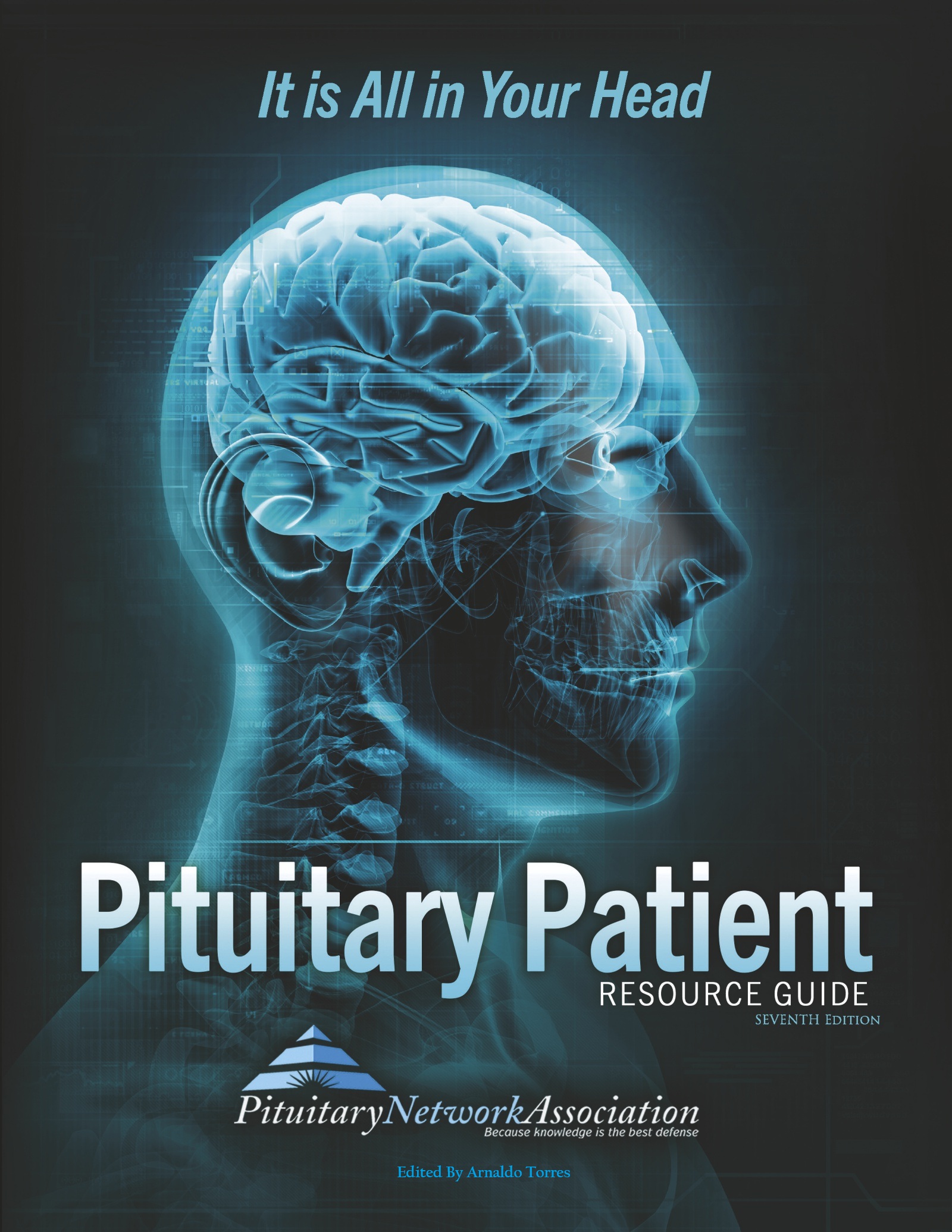News Articles February 2022
Written on 04 February 2022.
Why Is Early Diagnosis Such A Problem?
The confusing constellation of symptoms that can be produced by pituitary tumors and the difficult to visualize location make diagnosis very tricky. It is not uncommon for patients to have symptoms of either hormonal deficiency (caused by compression of the pituitary or its “stalk”) or hormone excess (caused by unregulated production of hormones by the pituitary tumor). In a significant minority of patients diagnosis is not made until the individual has developed debilitating or life-threatening symptoms of heart disease or adrenal (uncommon), gonadal and/or thyroid insufficiency. Even in the 21st century death from a large pituitary tumor or hormonal deficiency still occurs, albeit rarely. Early diagnosis is usually a reflection of a high index of suspicion on the part of a physician. Unfortunately, many doctors have been taught that pituitary disease is rare, so it is not at the forefront of their list of possible diagnoses.
Are All Pituitary Tumors Created Equal?
No. There are more than a dozen very different disorders that result from pituitary tumors and disease. For example, if a tumor forms in an ACTH secreting pituitary cell, it could result in the overproduction of cortisol (Cushing’s Disease) or the underproduction of cortisol (adrenal insufficiency, often referred to as Secondary Addison’s Disease). Cushing’s is a condition characterized by excessive fat accumulation in central parts of the body (obesity, including a rounded or fat-filled face), diabetes, hypertension, a low serum potassium, thinning and bruising of skin, and osteoporosis. Symptoms of adrenal insufficiency include dehydration, low blood pressure and sodium level, and excessive weight loss. Primary Addison’s Disease is caused when the adrenal glands fail to work on their own, i.e. fail to respond to directions from the pituitary and hypothalamus.
If the tumor forms in a growth hormone producing cell, it can overproduce growth hormone. Tumors that form from growth hormone producing cells cause two different clinical pictures. If they occur in children before the growth plates in long bones have closed, excessive growth hormone will cause gigantism. (Do you recall the movie “My Giant” with Billy Crystal and the basketball player?). If the growth hormone excess occurs during adulthood there is excessive enlargement of the hands, feet, and jaw, as well as soft tissue swelling of many tissues (acromegaly). Acromegaly is associated with an increased probability of developing diabetes mellitus, heart attack, hypertension, and certain types of cancer including malignancy of the colon. Most commonly the facial changes develop subtly and may not be noticed by the patient or his/her family.
How Prevalent Are Pituitary Tumors/Disease?
Autopsy reports and radiologic and MRI evidence from around the globe indicate that one out of every five people worldwide has a pituitary tumor. The earliest study took place in 1936, when Dr. R.T. Costello of the Mayo Foundation conducted a cadaver study and found pituitary tumors in 22.4 % of the population (Costello R.T. Subclinical adenoma of the pituitary gland. Am. J. Pathol. 1936; 12:205-214). Statistics have not changed much ever since. The clinical significance of these findings are critical to determine.
Why Aren’t Pituitary Tumors/Disease Common Knowledge?
- Pituitary tumors/disease present a vast array of symptoms, and it’s often the symptoms that get treated, not the disease. As a result, pituitary patients can spend years being misdiagnosed as their tumors grow. People with undetected pituitary tumors can die of heart attacks, hypothyroidism, adrenal insufficiency or water balance problems, all of which can mask the main cause: a pituitary tumor.
- Dollars spent. As a result, we have failed to answer the most important question: Why are pituitary tumors so common?
- There is a lack of education within the medical community and among the general public.
- The insurance industry hasn’t caught on to the untold billions of dollars that could be saved through early diagnosis and treatment. Once it becomes clear that it’s in everyone’s best interest, the word will spread.
Where Do I Go To Get Treated?
Ideally you want to be seen by a pituitary endocrinologist associated with a neuroendocrine or pituitary unit with a pituitary testing facility. The interpretation of complex blood tests can result in misdiagnoses. This can be associated with microadenomas (very small tumors) that do not show up on an MRI of the brain. It often takes a real expert to get the right answers and avoid pitfalls.
How Are Pituitary Tumors Treated?
It depends on the type of tumor and how far it has invaded into the brain, as well as the patient’s age and overall health. Three kinds of treatment are used: surgery (removing the tumor during an operation), radiation therapy (using high-dose x-rays/proton beams to kill tumor cells) and drug therapy to shrink and sometimes eradicate the tumor. Drugs can also block the pituitary gland from making too much hormone. A Transphenoidal operation can remove the tumor through a cut in the nasal passage, leaving no external scar. (Sometimes a surgeon prefers to go through an incision under the upper lip instead of the nose, also with no external scarring.) A Craniotomy removes the tumor through a cut in the front of the skull; this is rarely done for large invasive tumors.
Is There A Long Recovery Process From Pituitary Tumor Surgery?
In most cases, no. Patients often report immediate relief from symptoms after Transphenoidal Hypophysectomy and little pain. Some leave the hospital the same day.
Where Do I Go To Get Tested?
It is important to go to a hospital with a Neuroendocrine Unit or Pituitary Testing Facility, preferably both. (This may necessitate plane travel, but it would be worth every penny.) Pituitary blood tests can be very complicated and must be performed by specially trained technicians who can conduct dynamic hormone testing and precisely-timed blood sampling, administer testing agents, and have special expertise in measuring pituitary hormones. Tests that require special attention include ACTH (Cortrosyn) stimulation, bilateral inferior petrosal sinus ACTH sampling, Insulin tolerance, growth hormone stimulation, TRH stimulation, GnRH stimulation, Oral glucose tolerance, and GHRH/arginine testing for growth hormone reserve.
What Is The Pituitary?
The pituitary is a small, pea-sized gland located at the base of the brain that functions as “The Master Gland.” From its lofty position above the rest of the body it sends signals to the thyroid gland, adrenal glands, ovaries and testes, directing them to produce thyroid hormone, cortisol, estrogen, testosterone, and many more. These hormones have dramatic effects on metabolism, blood pressure, sexuality, reproduction, and other vital body functions. In addition, the pituitary gland produces growth hormone for normal development of height and prolactin for milk production.
Why Are Pituitary Disorders So Hard To Diagnose?
Pituitary disorders can cause a wide spectrum of symptoms, both hormonal and neurological, due to its location near the brain, the intracranial nerves and blood vessels and because of the vital hormonal control that the gland provides. Diagnosis of pituitary disease may be extremely difficult because it’s often confused with other disorders. It is dependent on symptoms, signs on examination, blood tests and MRI findings. Direct access to the pituitary can only be reached at surgery.
Available Now!

The Pituitary Patient Resource Guide Sixth Edition is now available! Be one of the first to have the most up-to-date information. The Pituitary Patient Resource Guide a one of a kind publication intended as an invaluable source of information not only for patients but also their families, physicians, and all health care providers. It contains information on symptoms, proper testing, how to get a diagnosis, and the treatment options that are available. It also includes Pituitary Network Association's patient resource listings for expert medical care.

Xeris Pharmaceuticals is valued member of the PNA










